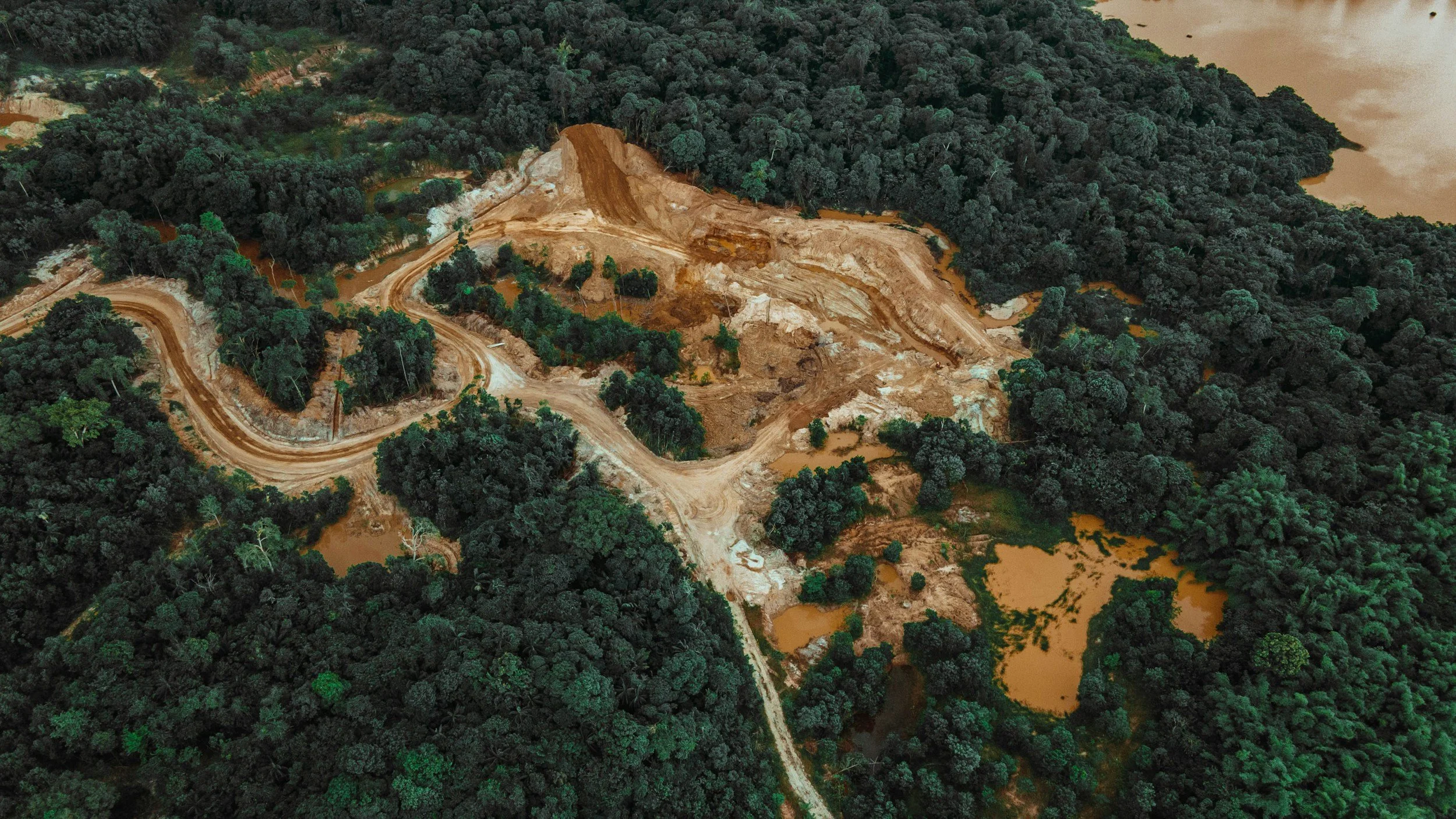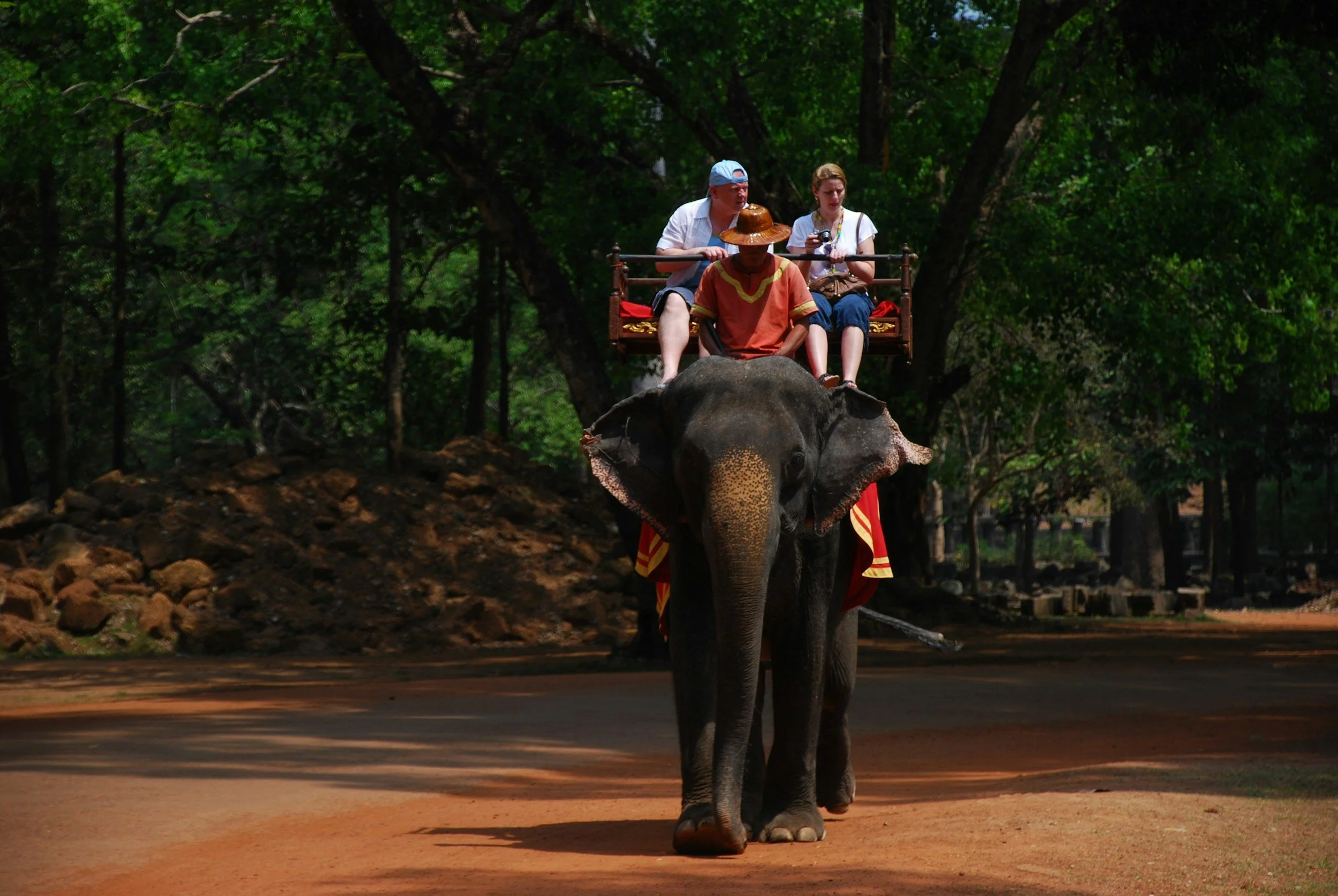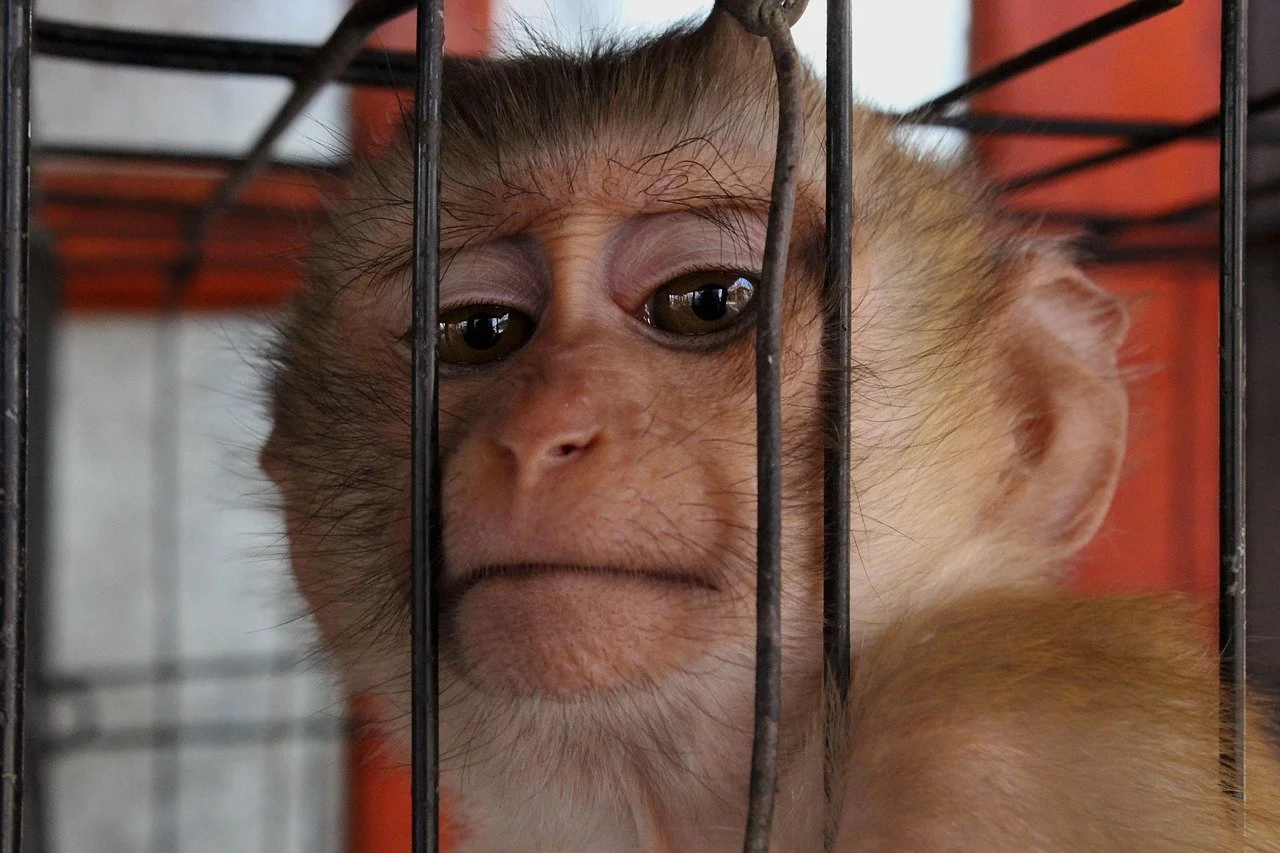Brazilian meat giant JBS set to advocate for beef at COP30
JBS prepares to defend cattle’s climate role at COP30, even as deforestation and soaring beef emissions place Brazil’s climate goals at risk.
The world’s largest meat supplier is to present evidence at the upcoming COP30, in an attempt to quash mounting concerns over its links to carbon emissions.
JBS, which supplies companies such as McDonald’s, Tesco and Walmart, generates annual revenues of $73 billion and is preparing to list shares on the New York Stock Exchange. The global operation has the capacity to slaughter 76,000 cattle, 14 million chickens and 142,000 pigs every day.
The current method for calculating carbon emissions is "wrong", according to JBS, as it only takes into account emissions, and not the gases captured during the production process.
“Let’s do the math the other way around”, said Gilberto Tomazoni, Chief Executive Officer at JBS, by calculating how much carbon is captured, and understanding that waste does not contaminate the soil. “On the contrary, it helps make the soil healthier, reducing imports of fertilizers from Russia and Morocco and the use of pesticides”.
To support its claims, JBS is expected to refer to Fazenda Roncador, one of the largest farms in the country with over 70,000 cattle. It has data of greenhouse gas (GHG) emissions and capture from the last ten years, validated by Brazil’s state-owned agricultural research company, Embrapa.
JBS has partnered with the University of Kansas to develop its research.
As host of COP30, the world's most important climate conference, Brazil has come under increased pressure to reduce its GHG emissions. Three quarters of the country's GHG emissions are from food production, and 78% of this is directly from beef.
Following the Paris Agreement, Brazil has set out to cut GHG emissions by 43% by the year 2030. To meet this Nationally Determined Contributions target, the country would need to be limiting emissions to 0.26 gigatonnes of CO2. However, Brazil's GHG emissions from beef production alone is estimated to be at 0.42–0.63 gigatonnes of CO2 in 2030.
Even if JBS can successfully make a case at COP30, it will still need to address the issue of deforestation. Raising cattle is the major cause of deforestation in Brazil’s Amazon, and since 1985, an area almost as large as France has been converted into pasture.
Furthermore, illegal deforestation in the Amazon is widespread, to the extent that JBS has pledged to stamp out illegal deforestation from its supply chain by 2025. However, earlier this year, a report uncovered links between the illegal clearing of 67 million acres of jaguar habitat to indirect suppliers of JBS.
Meanwhile, an investigation released last month concluded that JBS is unlikely to meet its pledge to eliminate illegal deforestation from its vast supply chain by the end of the year.
And, just this week, Brazil’s environmental authorities announced a major operation that seized around 7,000 illegal cattle in the Amazon. The government issued fines to several ranchers and slaughterhouses, including to JBS.
In the run-up to COP30, regional leaders, climate advocates, and other stakeholders are urging national governments to develop and implement action plans that prioritize plant-based foods as part of a healthy, sustainable dietary shift.
Choose Kindness: Take the 30-Day Plant-Powered Challenge Happening This October
Starting October 1, 2025, join Species Unite for 30 days of eating and living in a way that’s kinder to animals, the planet, and yourself. Our annual 30-Day Plant-Powered Challenge sees thousands of people around the world embrace cruelty-free living for an entire month.
Be part of a movement creating a kinder, more sustainable world. Signing up is free and easy - join the 30-Day Plant-Powered Challenge today.
We Have A Favor To Ask…
Species Unite amplifies well-researched solutions to some of the most abusive animal industries operating today.
At this crucial moment, with worldwide momentum for change building, it’s vital we share these animal-free solutions with the world - and we need your help.
We’re a nonprofit, and so to keep sharing these solutions, we’re relying on you - with your support, we can continue our essential work in growing a powerful community of animal advocates this year.





Animal testing for cosmetics seems like a thing of the past – but it's still an ongoing battle.